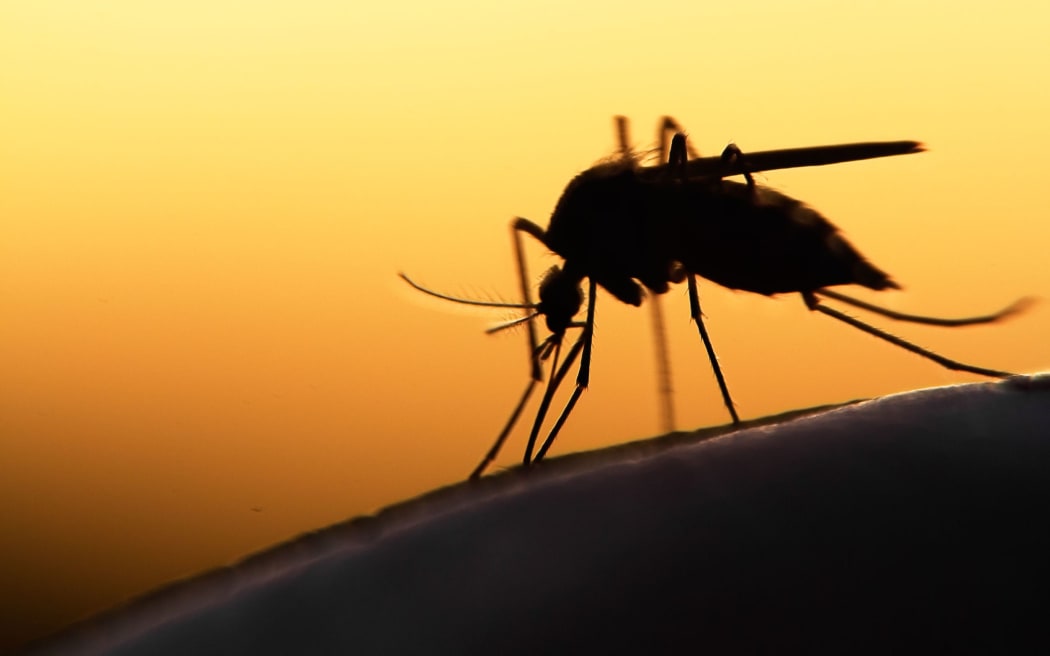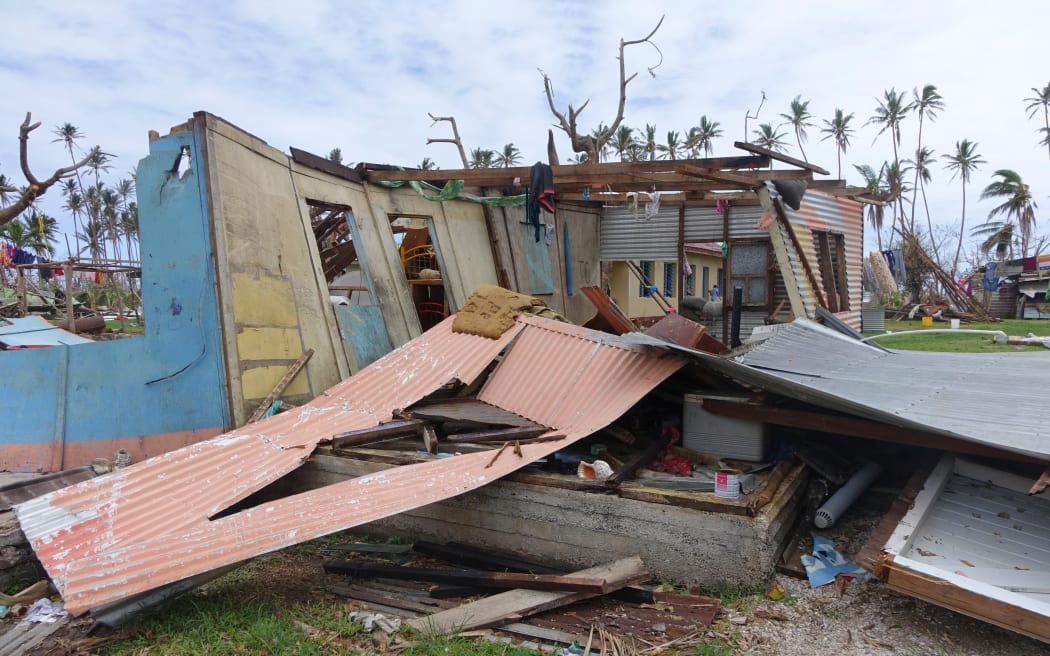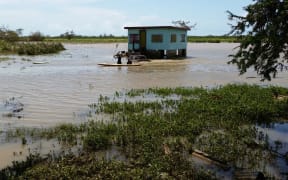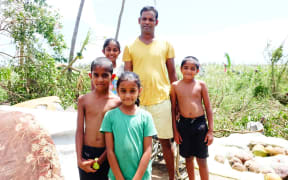A New Zealand medic helping the Fijian health authorities in the aftermath of Cyclone Winston says Fiji will be controlling mosquito larvae for months to come in order to keep infectious diseases in check.

Photo: 123rf.com
Ryan McLane said the health situation in Fiji had seemingly stabilised and authorities were not yet seeing high levels of mosquito, food and water-borne disease.
But he said they were keeping a close eye on the situation.
"Immediately after the storm you're not going to have any mosquitoes; they would have been destroyed in the storm itself. However we've now been far enough out that we're getting hatchings of new larva and there's going to be a lot of standing water because of the destruction from the storm and it's going to be difficult to keep those mosquito levels down."
Ryan McLane said he would have expected to have seen an increase in vector-borne diseases sooner and said he credits this to an effective response by Fiji authorities.
"Fiji has a strong infrastructure and quite a few of the disaster response teams for the Western Pacific are based here so when this hit they were well informed on what needed to be done as far as clean water provision, clean food provision to prevent these types of diseases from popping up."

A house cut apart by a flying roof during Cyclone Winston, Fiji Photo: Alex Perrottet/RNZ
Ryan McLane said Australian and New Zealand medics were still on the ground in Fiji in case infectious diseases took hold.
He said this could happen in the coming weeks as consistent water supplies wait to be restored and once new mosquito larvae start to hatch.




